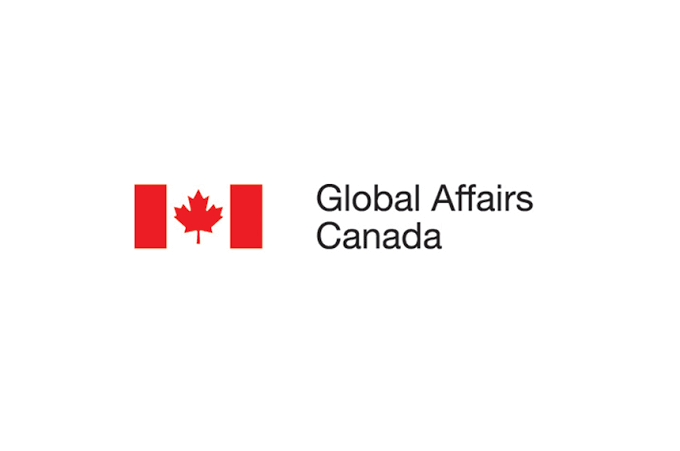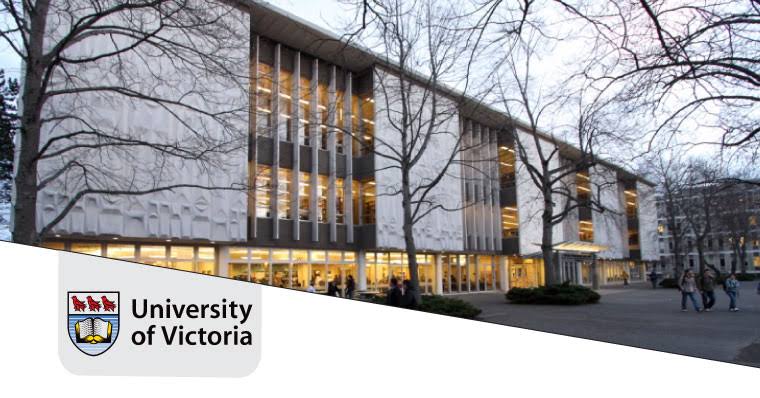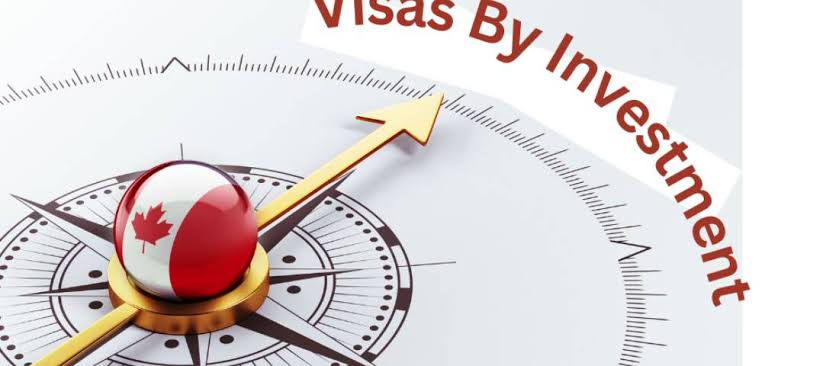Canada has always been known for its work in diplomacy, peacekeeping, and international teamwork. By July 2025, its role in world affairs has changed due to new global politics, climate issues, technology progress, and economic changes. Canada now takes a stronger role in global matters, using its resources, democratic values, and diplomacy to shape important events around the world.
From its continued engagement in multilateral institutions to its leadership on environmental policies and human rights, Canada is making intentional efforts to shape the direction of global policy. With a stable political system, strong alliances, and a growing presence in international development and security, Canada’s role in global affairs today is more significant than it was a decade ago. Understanding this role requires a closer look at the various areas in which Canada is actively contributing to global dialogue and action.
Canada’s Commitment to Multilateralism
One of Canada’s defining characteristics in international relations is its unwavering support for multilateral institutions. Canada remains a strong advocate for organizations like the United Nations (UN), the World Trade Organization (WTO), NATO, and the G7 and G20 forums. As of 2025, Canada continues to push for reforms within these institutions to ensure they remain effective and inclusive in the face of rising global challenges.
Canada’s diplomatic approach emphasizes collaboration over confrontation. In recent years, Canadian representatives have played mediating roles in disputes involving trade, cybersecurity, and humanitarian crises. Ottawa continues to support peacekeeping operations under UN command, contributing both personnel and funding to conflict resolution efforts around the world. Canada’s commitment to multilateralism positions it as a trusted partner in bridging political divides and fostering international consensus.
Environmental Leadership and Climate Action
Climate change remains one of the central pillars of Canada’s international agenda. As of July 2025, the Canadian government is actively working toward its 2030 emissions targets and supporting the global transition to net-zero by 2050. Canada is not only focused on domestic emissions but is also playing a leadership role in helping developing countries access green technology, climate financing, and sustainable development solutions.
Canada co-leads the Powering Past Coal Alliance and has committed substantial funding to climate-resilient infrastructure in vulnerable regions like the Caribbean and Sub-Saharan Africa. With its vast natural resources, Canada is investing in clean energy, including hydrogen fuel, offshore wind, and carbon capture technologies, to both meet its environmental goals and assist other nations in achieving theirs. Its environmental diplomacy reinforces its reputation as a responsible and forward-thinking global actor.
Peacekeeping and Humanitarian Engagement
Peacekeeping has been central to Canada’s identity on the world stage for decades, and it remains an area of active engagement in 2025. Although the size of its peacekeeping missions has decreased compared to past decades, Canada still deploys specialized forces, including engineers, medical teams, and civilian experts, to conflict zones under UN and NATO missions.
Beyond military contributions, Canada plays a vital humanitarian role through financial support and logistical aid. The country is a top donor to international relief efforts in regions affected by war, famine, or natural disasters, such as Ukraine, Gaza, Sudan, and parts of Southeast Asia. Canada’s development assistance program focuses on gender equality, education, clean water access, and health, aligning with the United Nations Sustainable Development Goals (SDGs).
Role in Global Health and Pandemic Preparedness
The COVID-19 pandemic transformed global health policy and highlighted the importance of coordinated international responses. Canada has taken lessons from the pandemic to become more proactive in global health. In 2025, the country continues to contribute to initiatives led by the World Health Organization (WHO) and the Coalition for Epidemic Preparedness Innovations (CEPI).
Canada’s contributions include funding vaccine research, strengthening health systems in low-income countries, and sharing public health data for early detection of emerging threats. Ottawa is also an active participant in the Global Pandemic Accord negotiations, which aim to ensure fair distribution of vaccines and medical supplies in future health emergencies. These efforts reaffirm Canada’s commitment to global health security.
Economic Diplomacy and Trade Relations
Canada’s economic influence extends through its diversified trade relationships, investment strategies, and support for inclusive global growth. As a member of key economic groups like the G7 and G20, and as a signatory to major trade agreements like the Comprehensive and Progressive Agreement for Trans-Pacific Partnership (CPTPP) and the Canada-European Union Comprehensive Economic and Trade Agreement (CETA), Canada actively promotes open and rules-based trade.
In 2025, Canada is strengthening economic ties with emerging markets in Africa and Asia while maintaining close relationships with traditional partners such as the United States, the United Kingdom, and the European Union. Economic diplomacy is a key component of Canada’s foreign policy, especially in areas like digital trade, sustainable resource management, and innovation. These priorities reflect Canada’s effort to shape a fair and resilient global economy.
Championing Human Rights and Democracy
Human rights advocacy has always been a part of Canada’s foreign policy, and this role has intensified amid growing authoritarianism around the world. Canada uses its voice at the United Nations Human Rights Council and other forums to speak out against abuses, promote LGBTQ+ rights, and support the rights of women and Indigenous communities globally.
In 2025, Canada is actively supporting democratic institutions in fragile states by funding election monitoring, civil society organizations, and press freedom initiatives. Through its Feminist International Assistance Policy, the Canadian government places gender equality and women’s empowerment at the heart of its global engagement. These efforts demonstrate Canada’s resolve to support inclusive, democratic governance worldwide.
Technological and Cybersecurity Collaboration
As technology becomes a more dominant force in international relations, Canada is also stepping up its role in global tech governance and cybersecurity. The country is involved in multilateral talks on AI regulation, data privacy, and cross-border digital infrastructure. With rising cyber threats targeting everything from financial systems to healthcare, Canada is collaborating with allies to develop cyber resilience and defensive capabilities.
In 2025, Canada is also a participant in the Global Partnership on Artificial Intelligence (GPAI), promoting ethical AI development and responsible use of emerging technologies. This involvement is part of a broader strategy to ensure technological innovation aligns with democratic values, human rights, and international law.
Final Thoughts
Canada’s role in global affairs has expanded considerably in recent years, driven by a blend of diplomatic principles, strategic interests, and moral obligations. As of July 2025, the country is a respected leader in multilateralism, climate diplomacy, humanitarian action, and human rights. Its approach is guided by a belief in cooperation, sustainability, and equity—principles that resonate with both allies and international partners.
While challenges remain, including managing relations with major powers and adapting to evolving global threats, Canada’s commitment to constructive engagement makes it an indispensable player in shaping a more peaceful, inclusive, and resilient world. Its efforts on the world stage reflect not only national interests but also a genuine desire to contribute positively to the global community.



